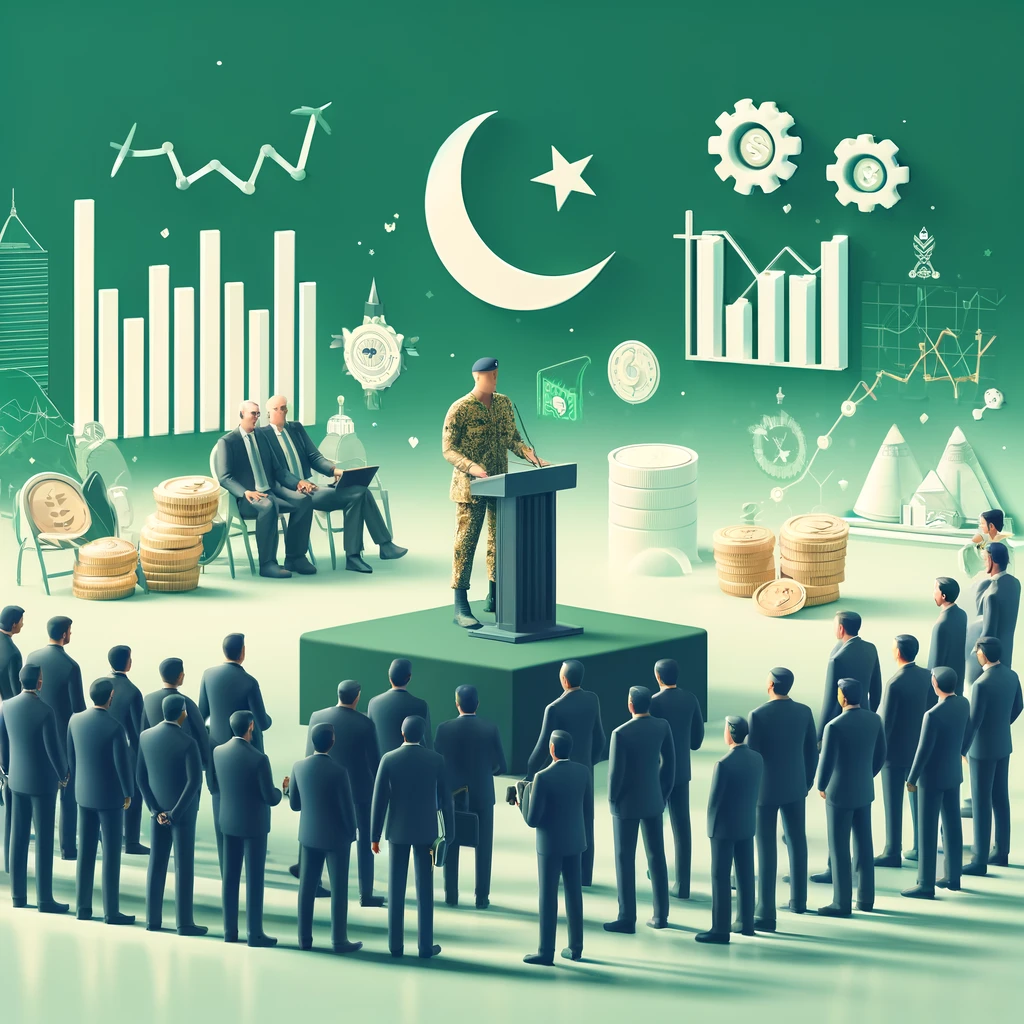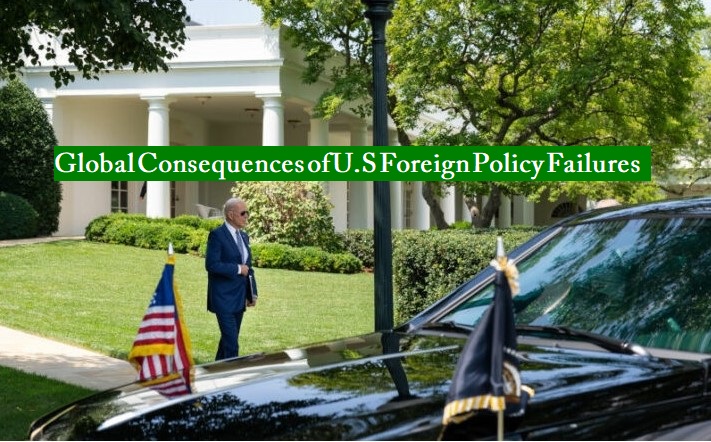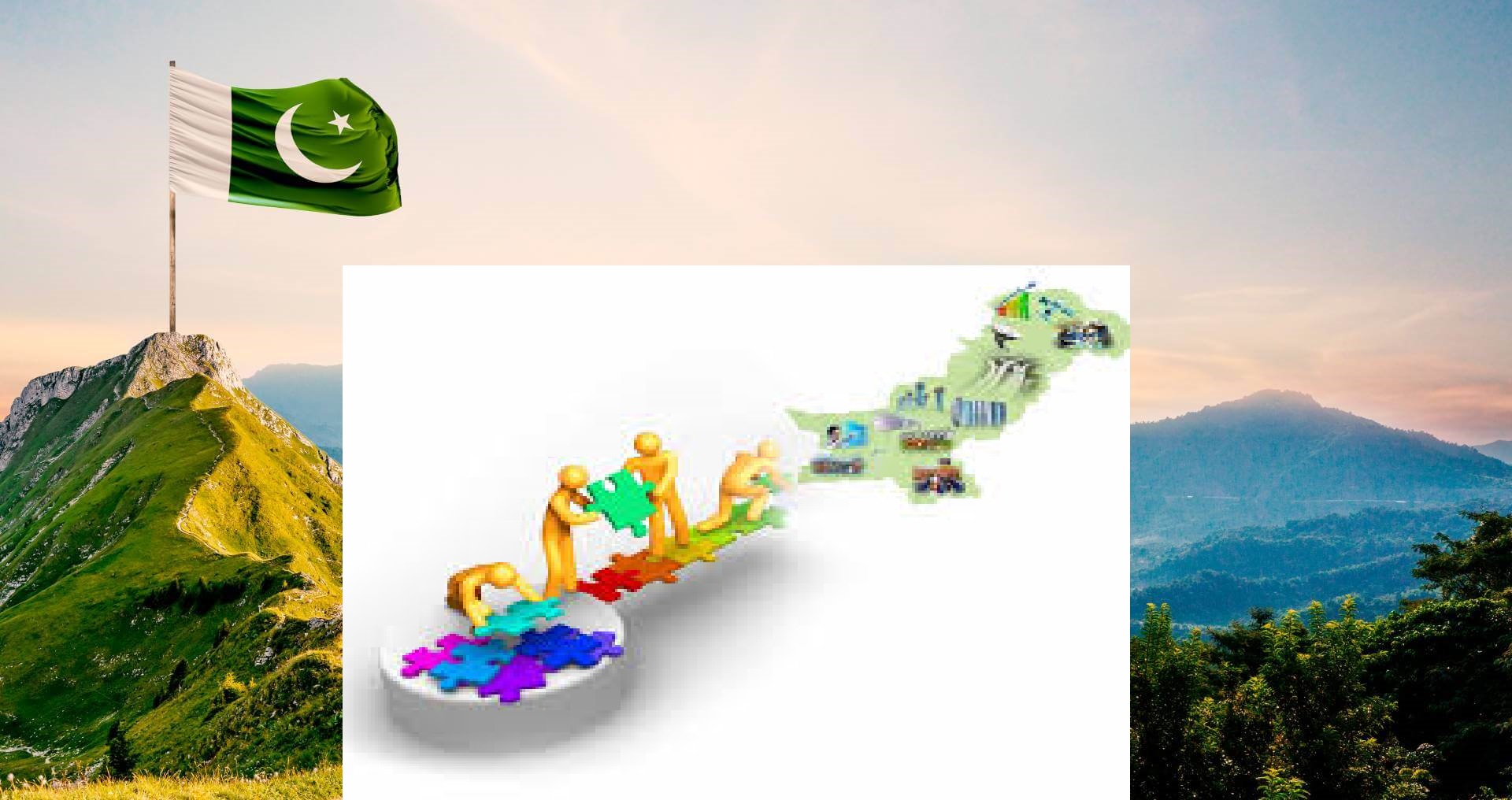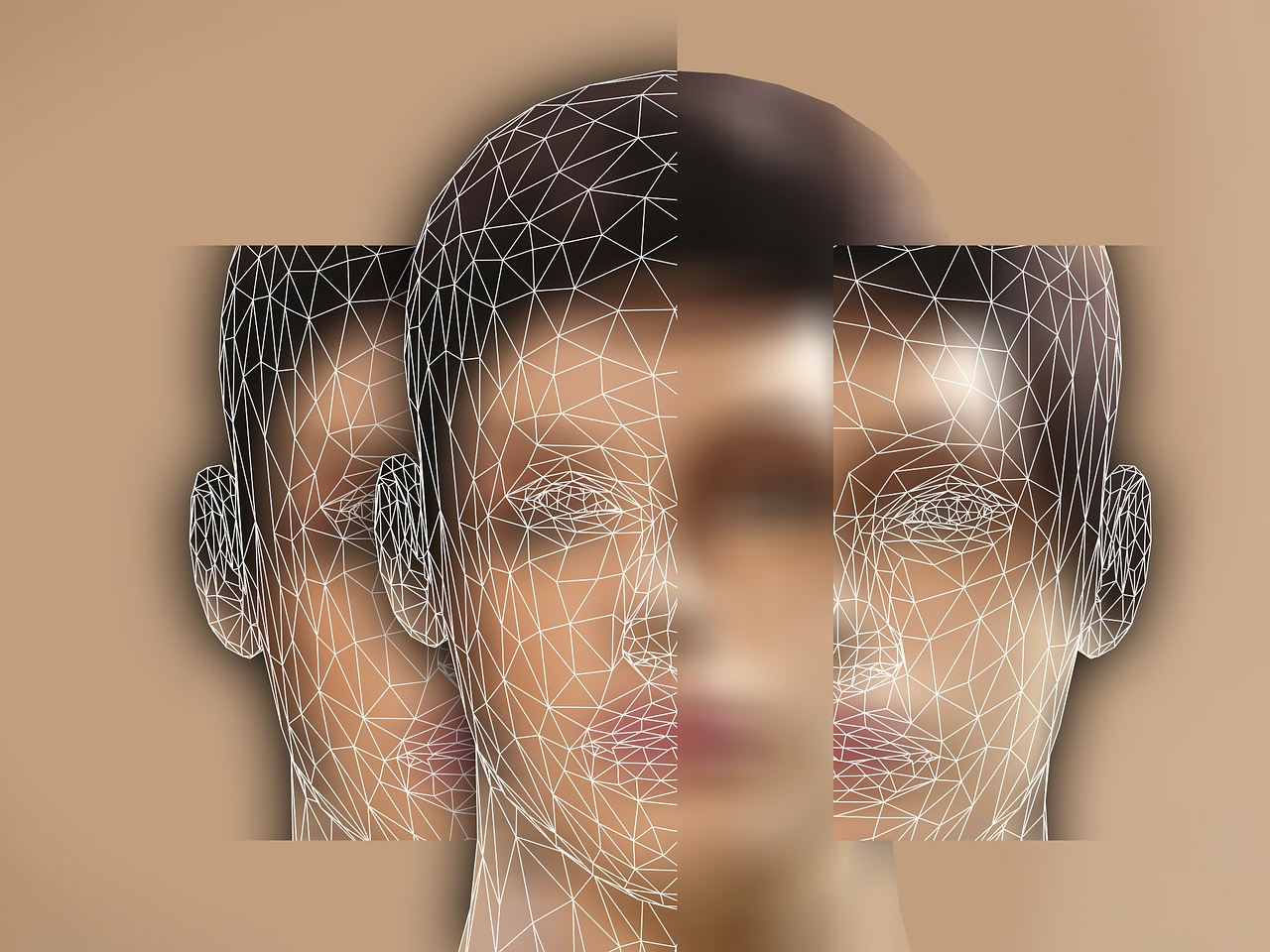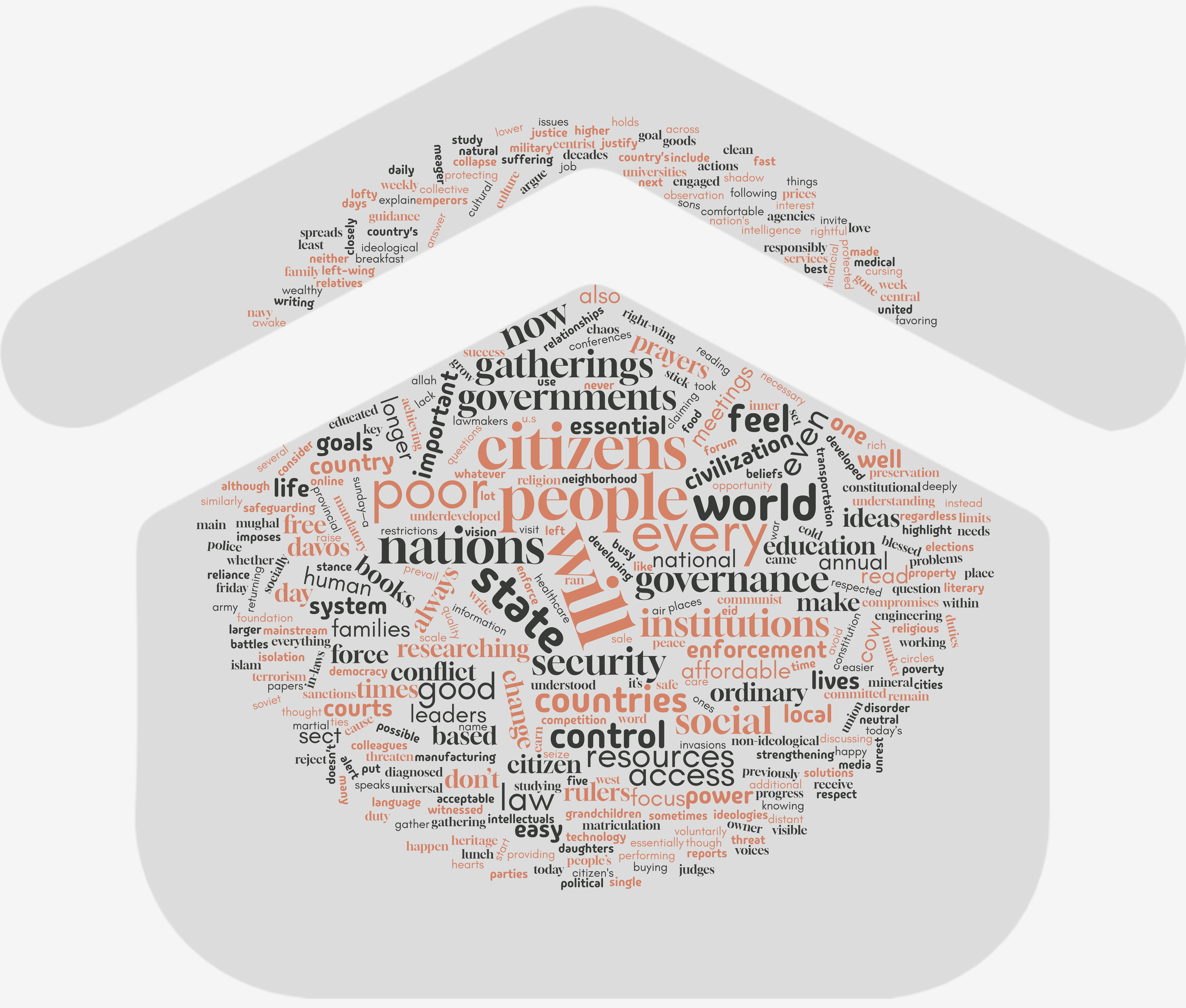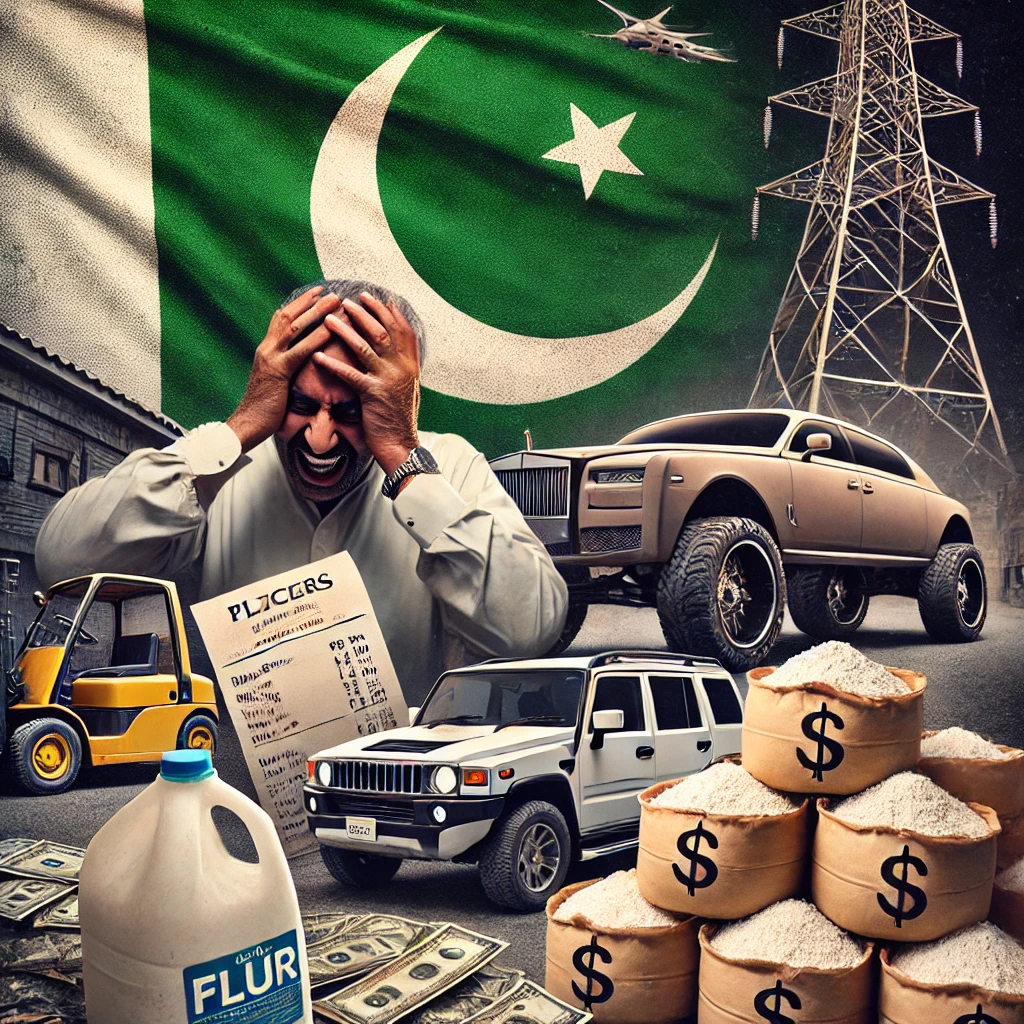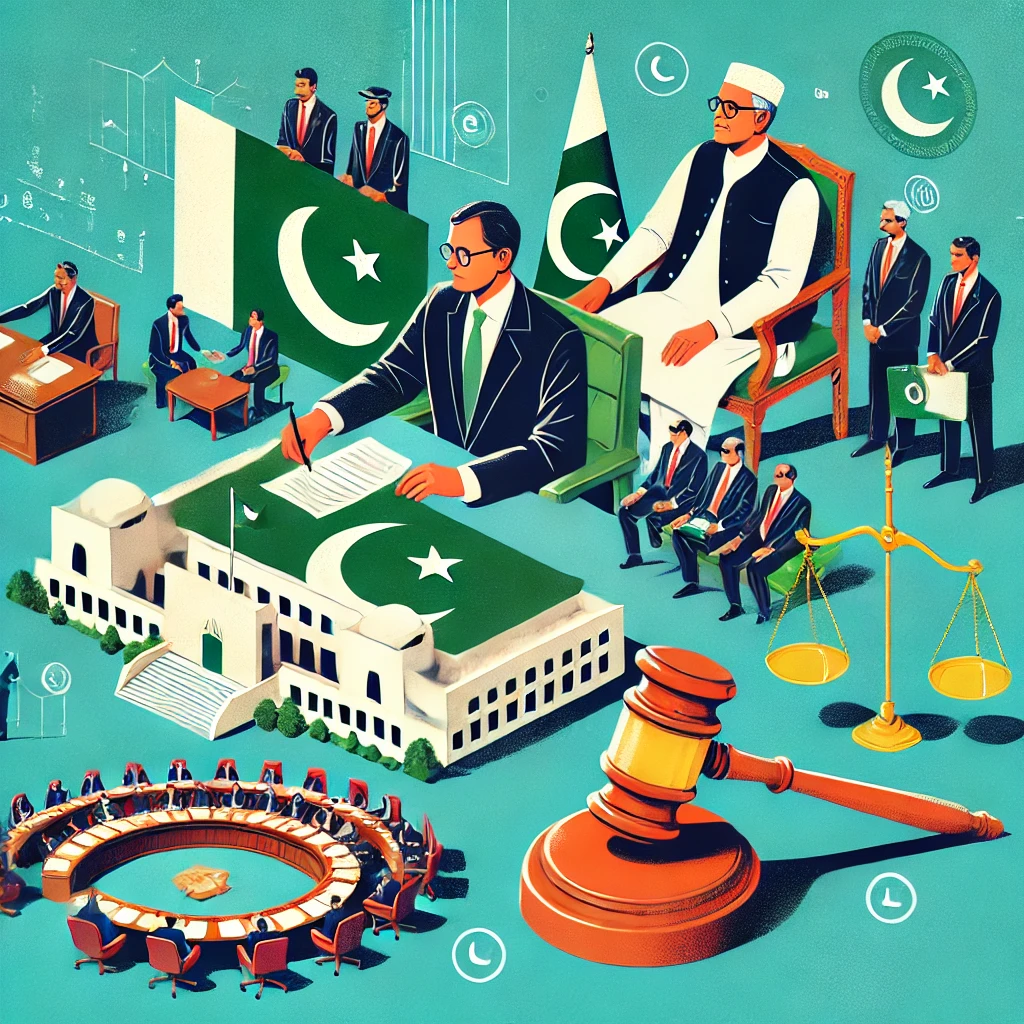
Will Trump win 2024 US election analysis
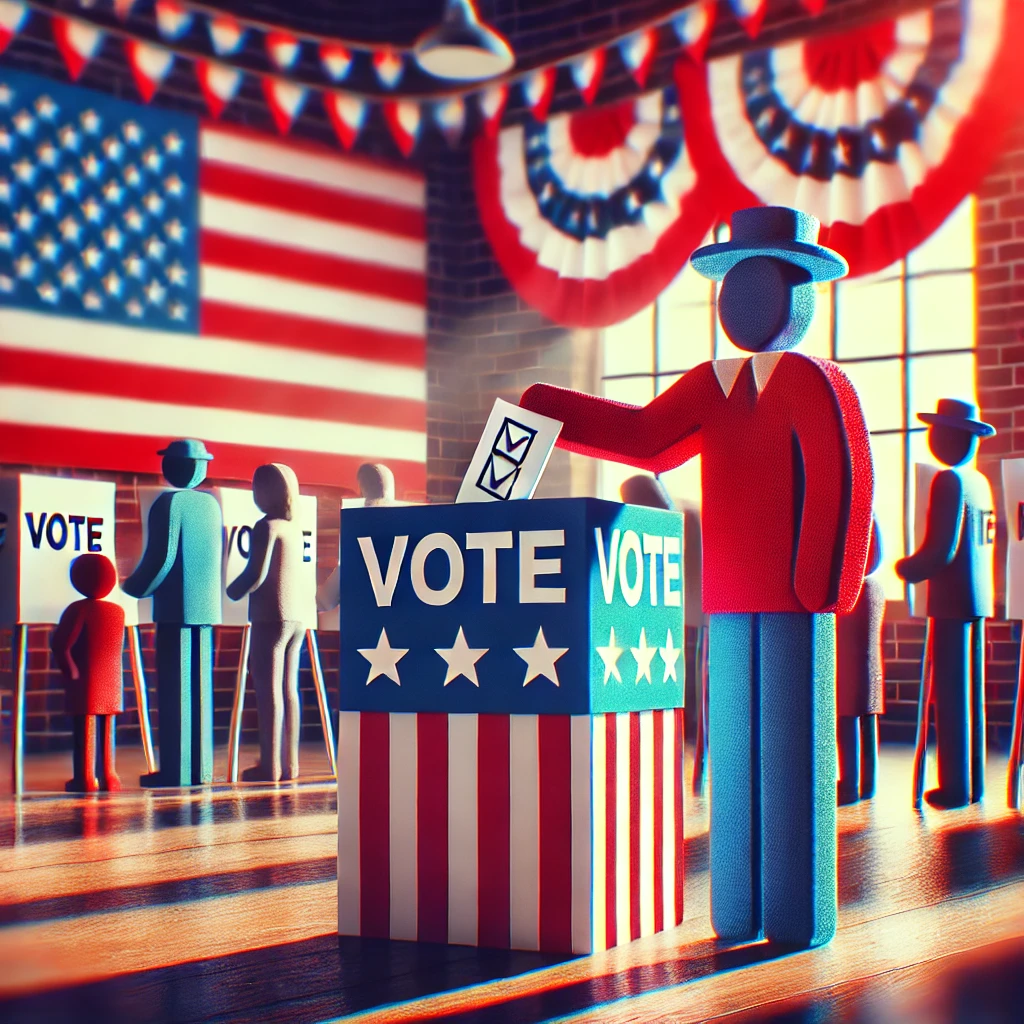
Chris Ashby is a well-known lawyer in the U.S., former political speechwriter, and experienced campaign strategist. He’s renowned for clearly guiding his clients on complex, changing federal, state, and local political regulations. In 2017, Washington recognized Chris as a top campaign and election law attorney, and the Washington D.C. and Virginia Super Lawyers magazine identified him as a rising star. American Spectator reported that he’s one of the best in the country for this work. Chris emphasizes, "The U.S. voting system is one of the fairest in the world, and citizens should have trust in it." This implies even in the U.S., there may be concerns about the system.
For over 200 years, elections in the U.S. have taken place with people voting confidently that their votes would be counted fairly. Although some doubts arose during the last election, Americans are again expected to vote with trust in their system. The basis of this trust lies in election observers, who are trained local volunteers overseeing every step, from voter ID checks to voting. Besides, party representatives are present at polling stations, much like in Pakistan, where each candidate has a representative at polling stations. U.S. polling stations are often in community centers, libraries, and schools, and well-monitored.
About 100,000 polling stations across 50 states are managed with around 5 million volunteers. Political parties decide who the election observers will be, and international observers are invited by the government. However, after such security arrangements, people question if efforts could still be made to rig an election, noting that if Trump could face two assassination attempts, why wouldn’t there be attempts to sway election outcomes?
In 2002, the U.S. established an independent agency, the Election Assistance Commission, to support fair elections. A well-known member, Ms. Hicks, stated, “Our election system is decentralized, making rigging nearly impossible without massive coordination.” U.S. universities have conducted studies on past elections to investigate possible fraud, but nothing conclusive has emerged.
Rigging is indeed challenging in the U.S. and is no longer as easy in Pakistan either. Trump’s victory seems likely, and his campaign materials sometimes feature numbers “45” and “47,” indicating his expertise in using numbers. Ohio, Florida, and North Carolina backed Trump in the last two elections, where he overcame opponents’ defenses. The Democrats relied heavily on Midwestern states with a long history of supporting them, backed by Black and working-class White voters. But Trump resonated with these groups, delivering on their expectations, making them crucial again this election.
People appreciate Trump for being a “people’s president” who’s challenged powerful figures as Americans wanted. With two recent assassination attempts against him, people now view him as a victor being targeted, boosting his public support. The Supreme Court also seems to favor him, and most analysts believe Trump will be the next president. What that will mean for Pakistan, though, is something to ponder.
